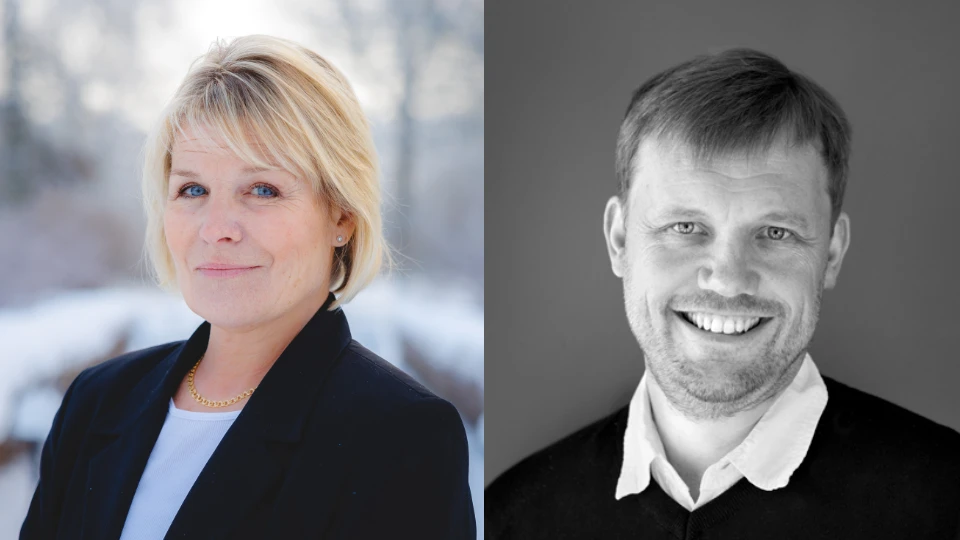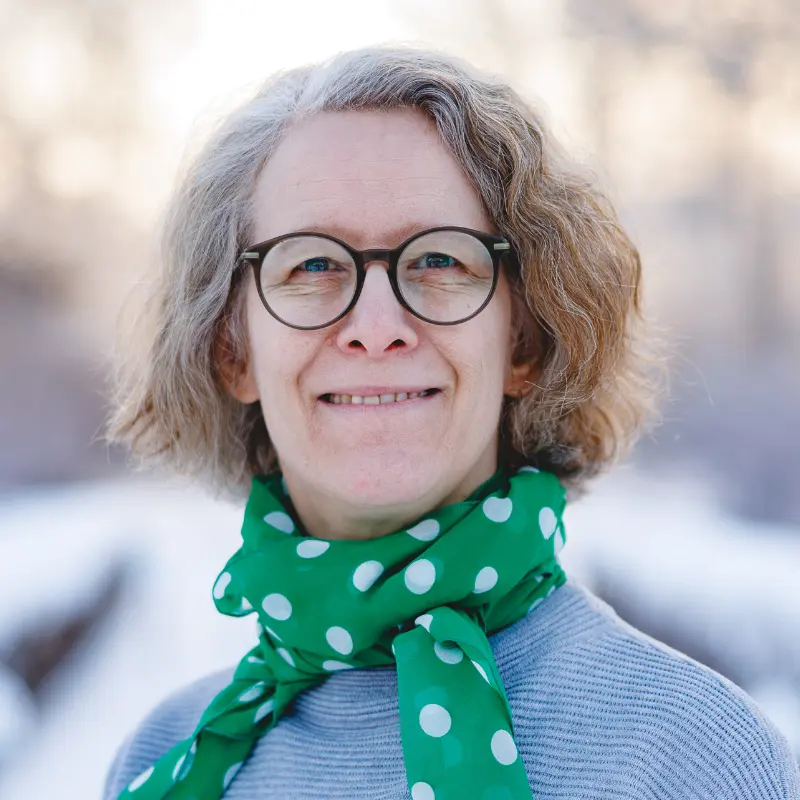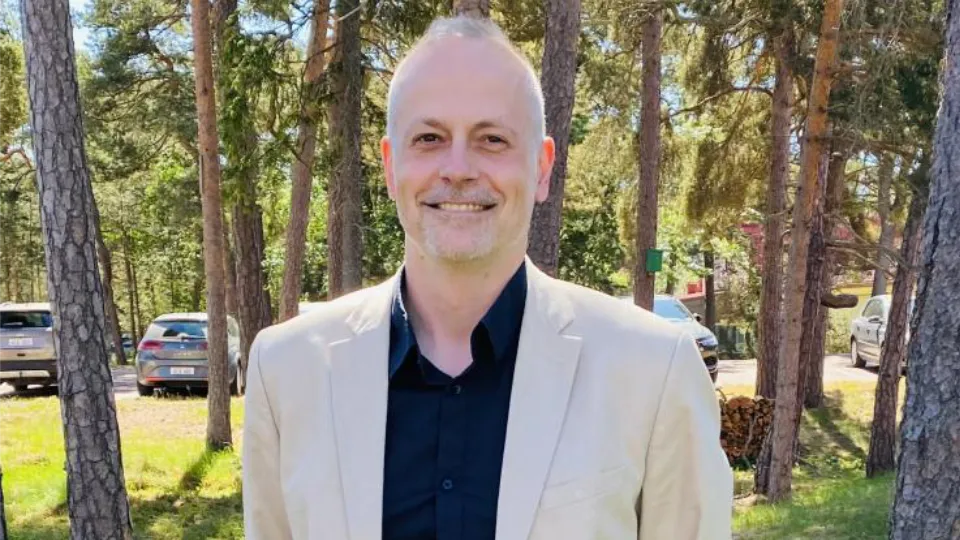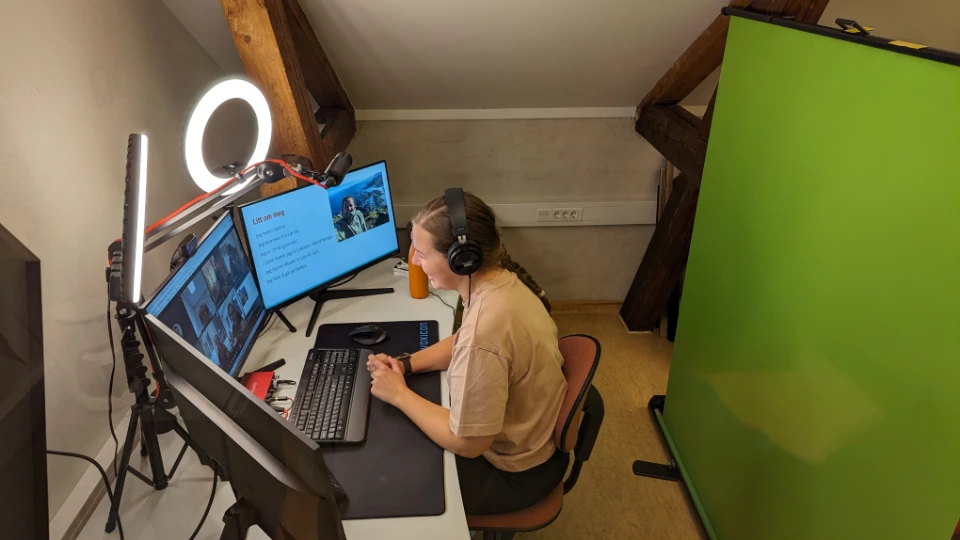This article has been translated to English by EPALE Sweden. EPALE is a multilingual open membership community for teachers, trainers, researchers, academics, policy makers and anyone else with a professional role in adult learning across Europe.
Generic skills made visible through EU projects
During the European Year of Skills, NVL’s validation and guidance networks were partners in the Transval-EU Erasmus+ project, which dealt with the validation of transversal skills (generic skills). Eight European countries participated in the project, which ended in June 2023.
“Employers are increasingly emphasising skills in areas such as communication, collaboration and organisation, as well as digital skills, at the same time as these are not usually prioritised in guidance and validation processes. The aim was thus to increase understanding among people who guide and validate, so they can use models that may help make someone’s skills visible and get them into work faster, helping contribute to skills supply,” says Agnetha Kronqvist.
Quality in validation processes
NVL’s validation network has also worked on the quality assurance of validation.
“A Nordic model has been produced, with eight indicators that describe how validation can be organised at different levels to achieve good quality,” Kronqvist says.
The model was developed into a digital tool, the Nordic Quality Compass – which has five tools for the self-assessment of validation activities, using the quality indicators.
“The tools are aimed at policymakers, people who organise or coordinate validation, counsellors and teachers and vocational teachers,” she says.
Micro-credentials in practice
Over the past year, the validation network has been looking at what micro-credentials are and what a Nordic perspective on them might look like. So far, there is no common definition or common understanding of what they can be used for.
“What someone calls micro-credentials is not necessarily the same everywhere, so we are collecting Nordic examples to demonstrate what they could be and how they can be used in our countries,” says Kronqvist.
One practical Swedish example she points to is ongoing work at Skellefteå Kraft, where they have been looking at potential micro-credentials for operations technicians.
Green guidance
Helgi Þorbjörn Svavarsson says that NVL’s guidance network is currently reviewing how guidance should reflect the green transition.
“This is a burning issue – how can we make Nordic guidance services aware of the green transition? We are preparing a workshop on transversal skills in the Faroe Islands, and are also working with a policy brief on how guidance can be used as a resource in the green transition,” says Svavarsson.
One important practical aspect of green guidance that Helgi highlights is about not placing blame.
“In the situation we are in, not all jobs can be green. We also need to help people become more aware that the fossil jobs are also needed, we still need oil to avoid an economic collapse,” says Svavarsson.
However, he believes it is important to work with education in a broad sense.
“People [who take jobs in the oil industry] must also be aware that by taking them they also contribute to it.”
Balance makes life sustainable
Another issue he raises is that guidance is about more than just finding a job or training. To succeed, we also need to feel contented.
“In guidance, when we talk about sustainability, the balance between work, family and private life is also important,” says Svavarsson.
One recent problem is the new labour market after Covid, with more people working from home.
“When we talk about career guidance, we have to focus a lot on the labour market, but you may also have to consider that more people now work from home. This makes it even more important to be aware of finding balance,” says Svavarsson.
He also says that thinking about balance is important when we look at an entire working life. We need to be aware that there is a life after work ends. When we retire, it becomes clear whether we have managed to keep our relationships with family and friends alive.
“And I think that’s actually very important, especially for men. We are good on the labour market, we are reliable and always on the job. But in our private lives, we are much worse. Many men quite simply die when they stop working, because they have nothing left.”
Digital inclusion is especially important in the Nordics
To conclude, Svavarsson says that the network is planning a seminar to discuss AI in guidance, among other things. Digital guidance portals, digital inclusion and AI are particularly important in the Nordics, given the long distances many people need to travel to reach larger towns that can offer guidance and validation.
“And the fact is that in the Nordic countries we live very widely spread out. Towns are not very big and have small organisations that may not have much expertise,” says Svavarsson.
More information
- Information about NVL’s validation network.
- Information about NVL’s guidance network.
- Results from the Transval-EU project.
- Article on the Nordic Quality Compass.
- Articles on validation on nvl.org.




